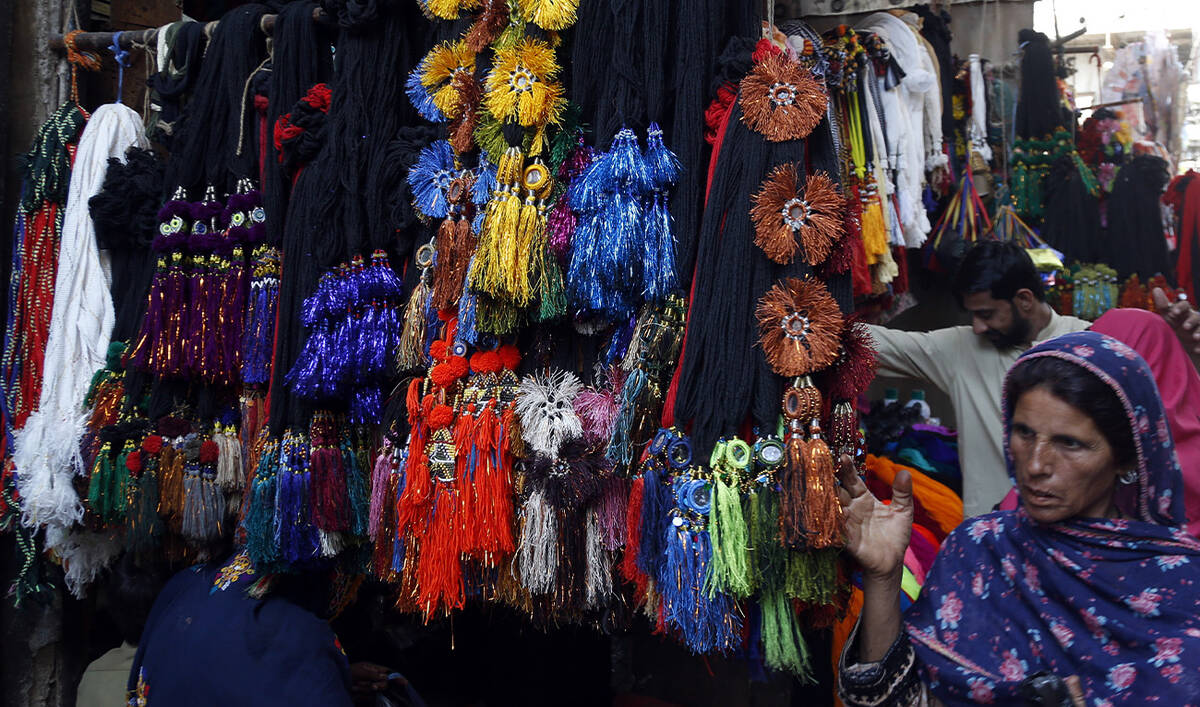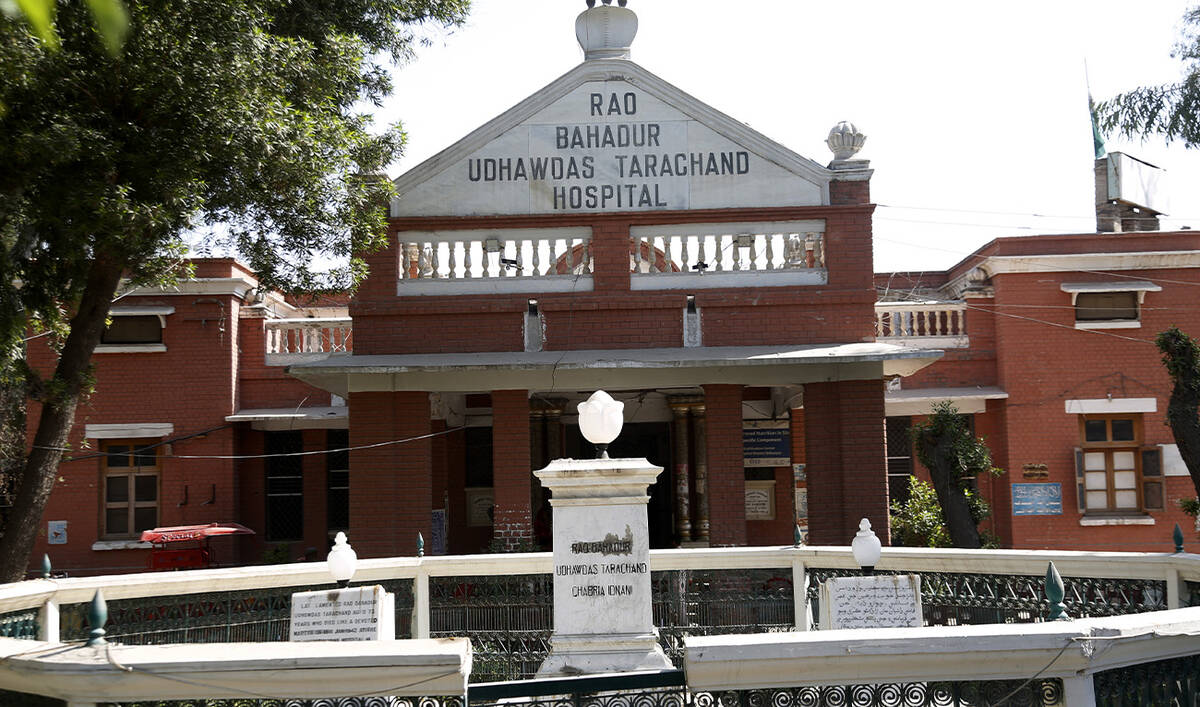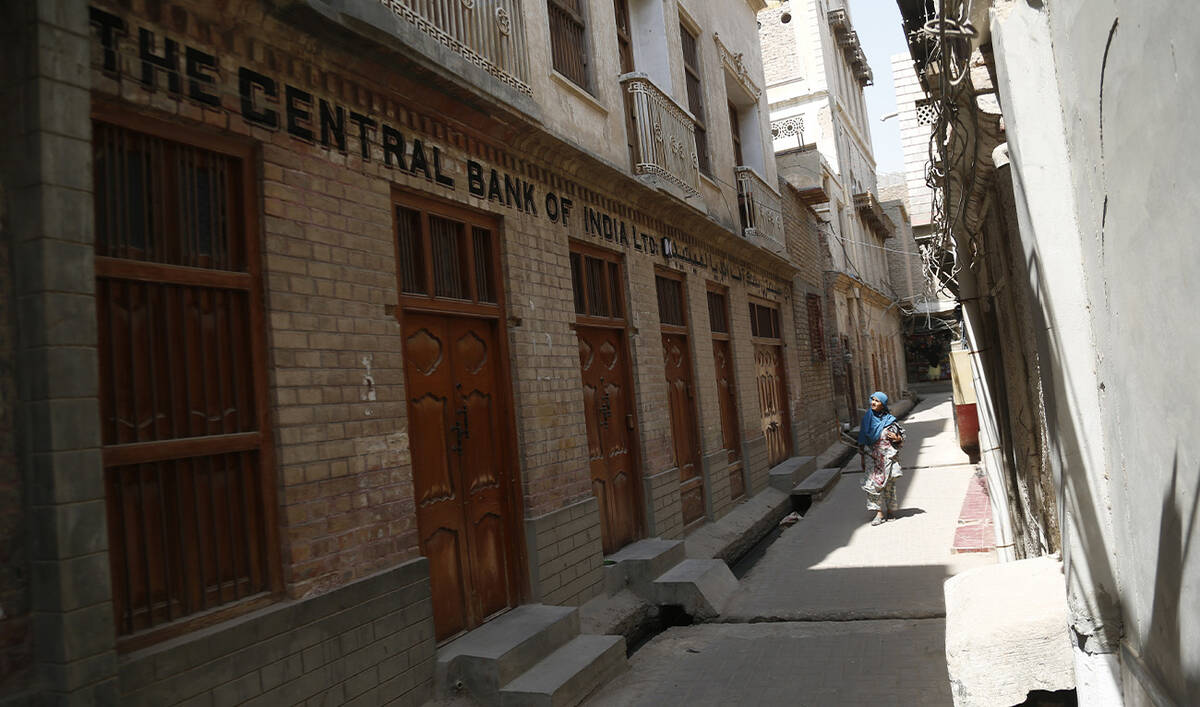ISLAMABAD: Pakistani political leaders on Saturday condemned the violence perpetrated by Israeli forces against worshippers at the Al-Aqsa Mosque during the holy month of Ramadan, urging the government to play an active role in safeguarding Palestine through the Pakistani foreign missions and multilateral forums.
Tensions have been high in the region with Israeli forces ramping up raids on the Al-Aqsa Mosque compound in occupied East Jerusalem throughout the week. Stun grenades were fired by the Israeli police, prompting young Palestinians to retaliate with firecrackers. Scores of people, including women and children, have been injured, while hundreds of others have been arrested during these raids.
The violence has led to widespread condemnation from political leaders both within Pakistan and around the world, with many calling for Israel to respect the sanctity of the Al-Aqsa Mosque compound, one of the holiest sites for Muslims across the world. As the situation remains tense, concerns have been raised that further escalation could lead to more bloodshed in the region.
“We strongly condemned the heinous violence carried out by Israeli apartheid forces against worshippers at Al-Aqsa Mosque, including women and children, over the past few days, and the sanctity of the mosque has been violated, with grenades thrown at worshippers,” Senator Mushtaq Ahmad Khan, who hails from the Jamaat-e-Islami party, told Arab News.
“It is a matter of great sadness and regret that 60 Muslim countries, which possess abundant natural resources and have over 8 million regular armies with all kinds of weapons, are unable to guarantee the protection of their holiest site and the worshippers there from a terrorist state.”
Khan said Israel was carrying out “ethnic cleansing” of Muslims in Palestine and had been involved in war crimes, adding that condemnations and resolutions would not suffice.
“I call upon the government of Pakistan to activate foreign missions and Muslim world organizations, particularly the OIC (Organization of Islamic Cooperation) and the United Nations, to play an active role in safeguarding Palestine,” he added.
Faisal Karim Kundi, special assistant to Pakistan’s prime minister who is also information secretary of the Pakistan Peoples Party (PPP), said the Israeli aggression was absolutely unacceptable and the Muslim world should collectively raise this issue before the world powers.
“We demand action from the OIC because the silence of Muslim countries is a question mark,” he told Arab News.
“Muslim states should all raise their voices together so that this collective voice could wake international human rights organizations and force world powers to speak up.”
Raja Zafarul Haq, a senior member of the ruling Pakistan Muslim League-Nawaz (PML-N) party, said Israel did not consider the Palestinians human beings and engaged in actions that were “shameful for the humanity.”
“Israelis have no sense of this and the same is true for their leadership and those outside countries who sympathize with them,” he told Arab News.
“Therefore, the rest of the Islamic world should not only rely on condemnations but also establish a permanent mechanism to deal with this situation.”
Haq said Muslim leaders needed to act like the late Saudi King Abdulaziz.
“When ex-US President Harry Truman asked King Abdulaziz to help settle Jews who suffered persecution in Europe, the king had responded by saying that ‘if anyone had committed atrocities against Jews in Europe, then Palestinian Muslims could not be punished for it’,” he said.
“We cannot tolerate this, and a similar behavior of Muslim leaders is needed today.”
Farrukh Habib, information secretary of Pakistan Tehreek-e-Insaf (PTI), said his party and its chairman, Imran Khan, strongly condemned this attack on worshippers in Al-Aqsa Mosque.
“It is the OIC’s responsibility to inform UN Security Council and the international community that such barbaric acts cause immense hurt to Muslims across the world,” he said.



















